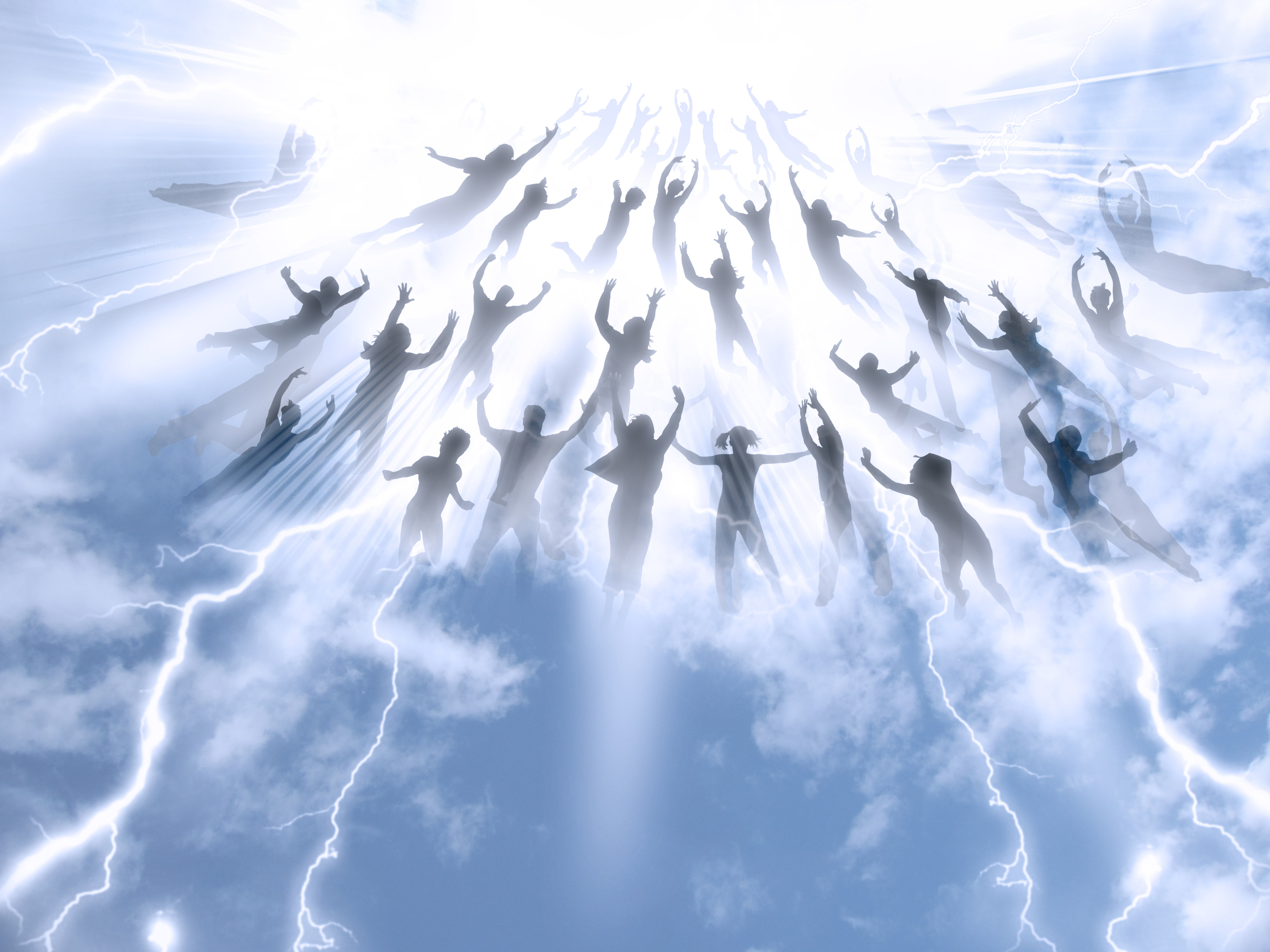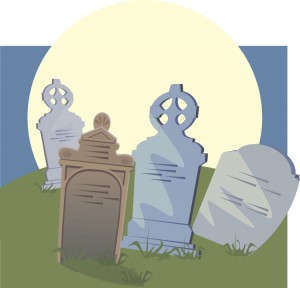Matthew 28:1, When did the early Christians first celebrate a day commemorating the resurrection of Yeshua?
Although the resurrection of Yeshua the Messiah is a biblical and historical fact, it’s celebration (known as Easter), is neither commanded in the Scriptures, nor was it celebrated by the original disciples of Yeshua. It is purely an invention of the church, which eventually replaced Passover! Here are the facts:
In A History of Christianity (vol. 1), Kenneth Scott Latourette states that notice of Easter as a festival occurs in the middle of the second century, but that festivals commemorating the resurrection of Messiah were presumably observed by at least some Christians from much earlier times (p. 137). Church historian, Philip Schaff, also attributes the beginning of the Easter festival to the middle of the second century (History of the Christian Church, vol. 2, p. 207). He states that the Christian Passover naturally grew out of the Jewish Passover, as the Lord’s Day (Sunday) grew out of the Sabbath. “It is based on the view that Christ crucified and risen is the centre of faith. The Jewish Christians would very naturally from the beginning continue to celebrate the legal Passover, but in the light of its fulfillment by the sacrifice of Christ, and would dwell chiefly on the aspect of the crucifixion. The Gentile Christians, for whom the Jewish Passover had no meaning except through reflection on the cross, would chiefly celebrate the Lord’s resurrection as they did on every Sunday of the week.” He notes that the early Christians commemorated the entire period between the death and resurrection of Yeshua with vigils, fasting, special devotions, meetings culminating in a resurrection feast celebrating the whole work of redemption. The feast of the resurrection gradually became the most prominent aspect of the Christian Passover (Easter celebration), but the crucifixion continued to be celebrated on Good Friday” (ibid., pp. 207–208).
Christians universally kept the Passover on the biblical date of Abib (also known as Nisan) 14/15, irrespective of the day of the week until A.D. 135 according to leading Sabbath scholar Prof. Samuele Bacchiocchi quoting the fourth century Christian historian Ephiphanius (From Sabbath to Sunday, p. 81). “This conclusion,” continues Bacchiocchi, “is supported indirectly by the two earliest documents mentioning the Passover celebration, since both emphasize the commemoration of the death rather than the resurrection of Christ. The Ethiopic version of the apocryphal Epistle of the Apostles [or Didache] says, ‘and you therefore celebrate the remembrance of my death, i.e., the Passover’ (ch. 15). In the Coptic version the passage is basically the same, ‘And you remember my death. If now the Passover takes place …’ (chap. 15)’ (ibid., p. 82).
The second document that attests to the early church’s emphasis on the death rather than the resurrection of Yeshua is the Sermon on the Passover, by Melito, Bishop of Sardis (died ca. A.D. 190). According to Bacchiocchi, Melito provides a most extensive theological interpretations of the meaning of the Passover for early Christians. “Though Melito makes a few passing references to the resurrection, it is clear from the context that these function as the epilogue of the passion drama of the Passover. The emphasis is indeed on the suffering and death of Jesus which constitute the recurring theme of the sermon and of the celebration” (ibid., p. 83).
“The resurrection,” Bacchiocchi admits, “however, did emerge in time as the dominant reason for the celebration not only of the annual Easter-Sunday, but also of the weekly Sunday. The two festivities, in fact,… came to be regarded as one basic feast commemorating at different times the same event of the resurrection.” Bacchiocchi concludes,
It would seem therefore that though the resurrection is frequently mentioned both in the New Testament and in the early patristic literature, no suggestion is given that primitive Christians commemorated the event by a weekly or yearly Sunday service. The very fact that Passover, which later become the annual commemoration of the resurrection held on Easter-Sunday, initially celebrated primarily Christ’s passion [death] and was observed on the fixed date of Nisan [Abib] 15 rather than on Sunday, makes it untenable to claim that Christ’s resurrection determined the origin of Sunday worship during the lifetime of the Apostles. (ibid. p. 84)








